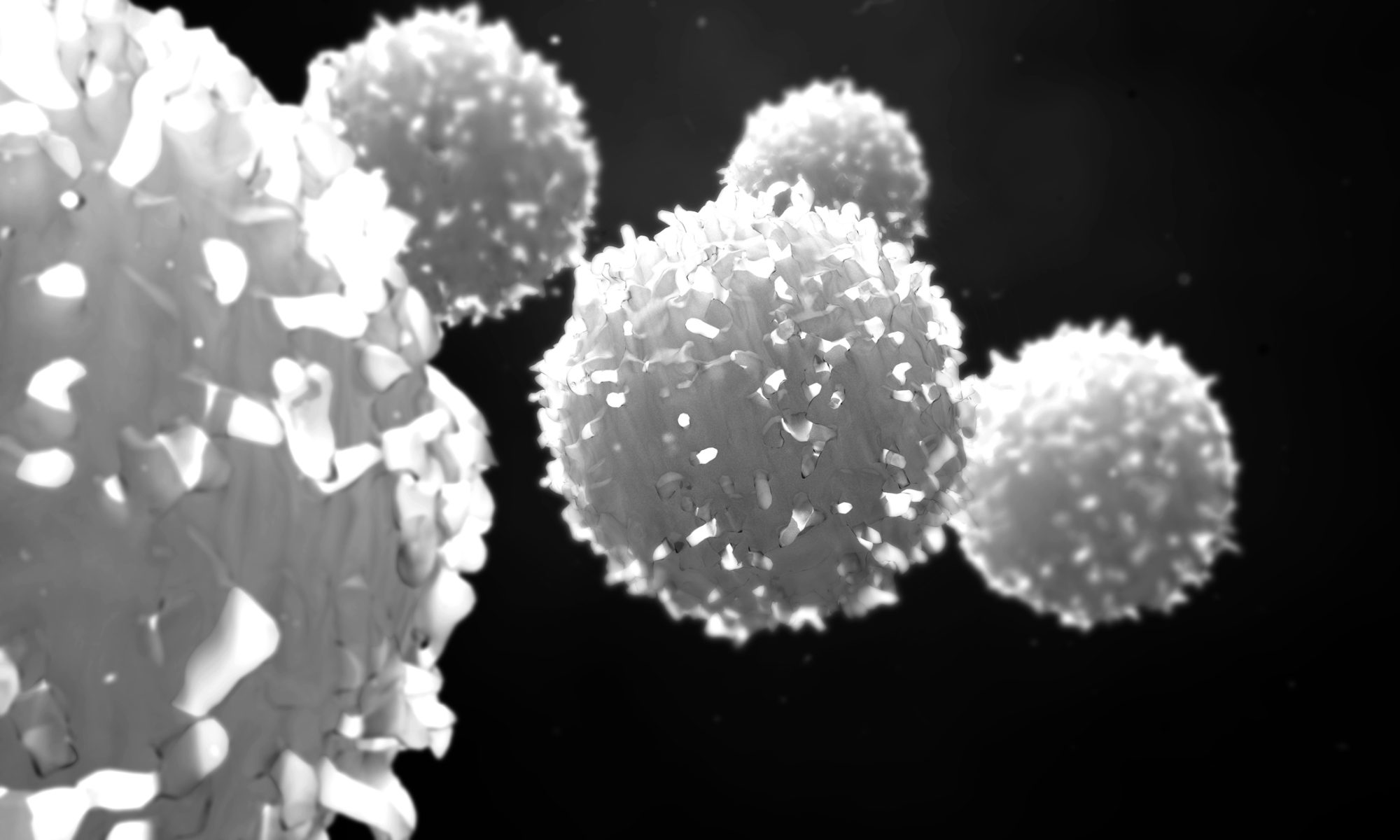I graduated from Yale University in 1992. I majored in Political Science because I thought it was cool, and because I wanted to contribute in some way to public policy. I worked at The Sentencing Project, an organization focused on racial disparity in federal sentencing, and then worked as a research assistant studying how federal policies shaped the racial and social structure of cities in the U.S. at The Brookings Institution. I got an M.A. in Public Policy from the Harris School at the University of Chicago, and a PhD in Economics, also from the University of Chicago. (best thing about Chicago: tie between food and architecture, worst thing: weather, hands down).
In my last year of graduate school, my husband and I navigated the train wreck of my pregnancy, which introduced me to autoimmune diseases, high risk pregnancy, cardiology, neonatology and the general state of medical care that is available for rare cases.
I worked at an economic consulting firm, and have had a few other jobs related to medical research in general and Medicare in particular, but my real interest is in exploring the history of science and the science of immunology and neonatology. I want to understand how and why my husband and I were struck by lightening in the form of an autoimmune problem that tried to kill our first child, harm our second, and instigate my cancer. I want to better understand how any of us find ourselves in such startlingly trying circumstances in a world beset by amazing scientific breakthroughs. I am wildly grateful to have made it this far, with these children, but have been left with an enduring wariness about my body.
Reading about, researching and writing on these topics fuels my curiosity not just around the complex biology and chemistry of immunology and pregnancy, but about women’s health in general. Does the scope and magnitude of chronic problems that find their way into female bodies reflect the state of the world in important ways? How did half of the population get into all these medical pickles and how can we escape them? How are these issues viewed by our culture and the medical community we reach out to for answers? This is an endlessly fascinating frontier I look forward to exploring everyday.
